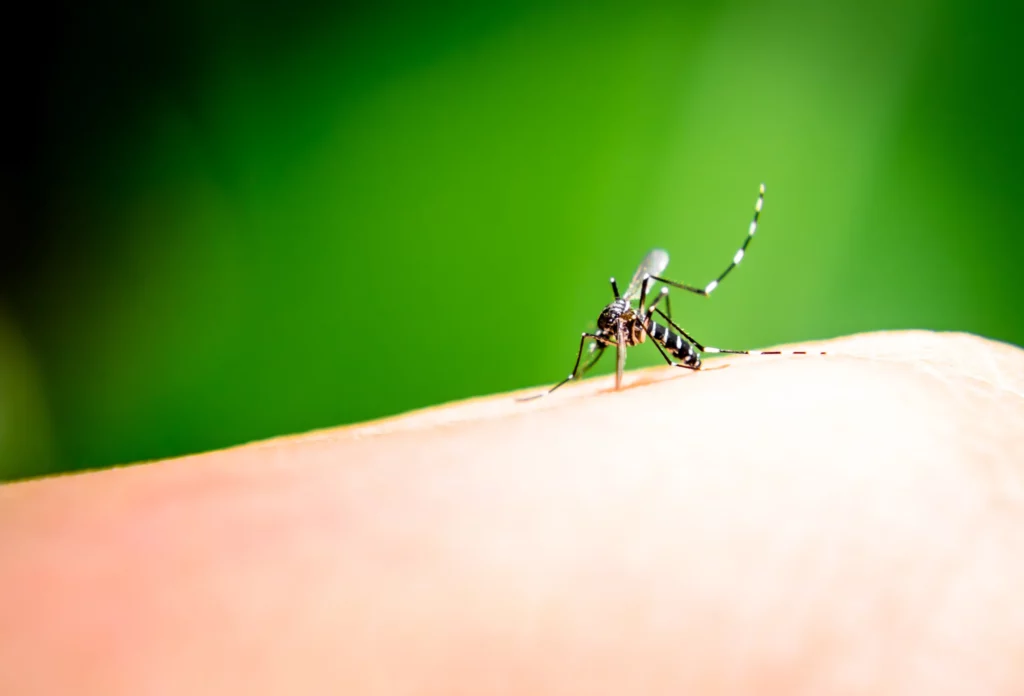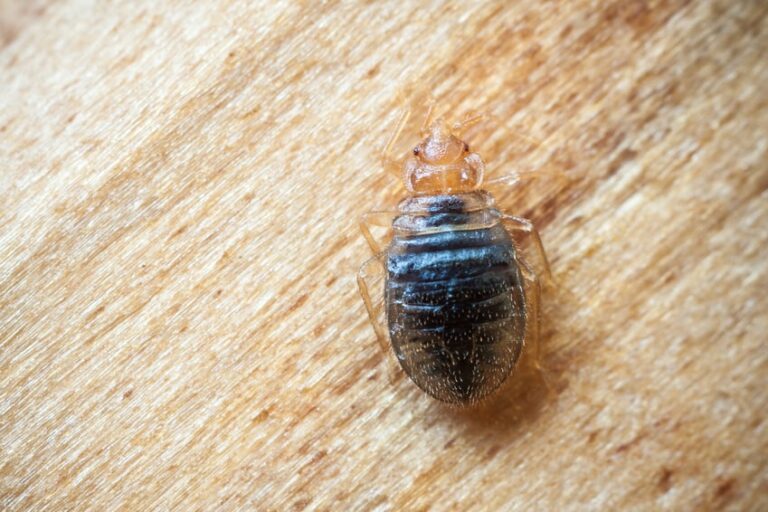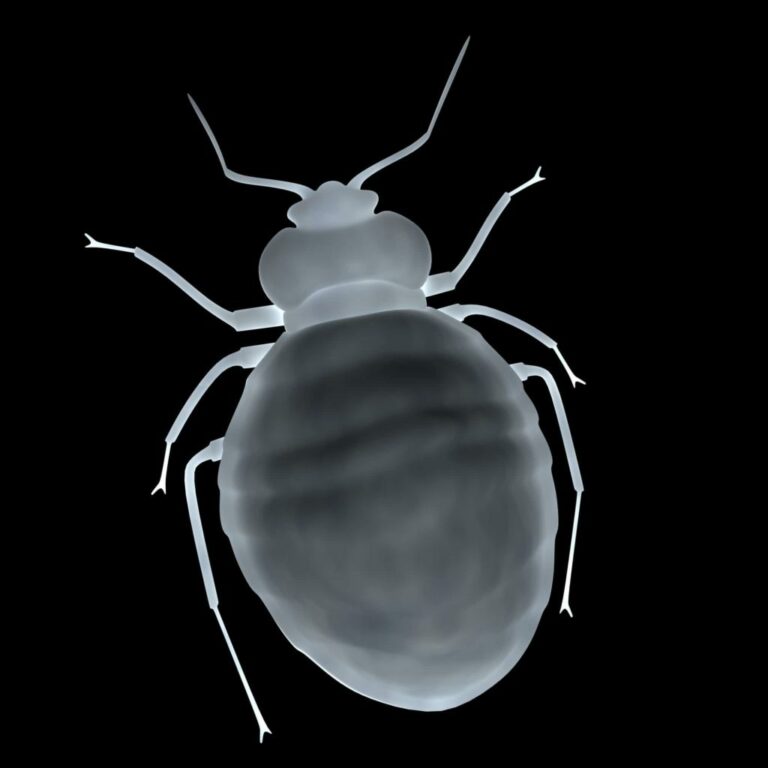According to the CDC: COVID-19 is primarily transmitted from person-to-person through respiratory droplets. These droplets are released when someone with COVID-19 sneezes, coughs, or talks. Infectious droplets can land in the mouths or noses of people who are nearby or possibly be inhaled into the lungs. That leaves us the question—Do insects transmit coronavirus?

Vector-Borne Diseases vs. COVID-19
Vector-borne diseases are spread by insects while COVID-19 is passed directly through bodily fluids from the human host. The World Health Organization (WHO) describes vectors as, “living organisms that can transmit infectious pathogens between humans or from animals to humans.” Now, let us take a closer look at both of these types of viruses:
Vector-Borne Diseases
Insects—like mosquitoes and ticks—are vector pests. They transmit diseases to humans through their bites. These two are infamous for their roles in spreading many of the major diseases around the world.
Mosquitoes generally spread malaria, Zika virus, West Nile virus, chikungunya, yellow fever, and a couple more dangerous diseases. Ticks, on the other hand, spreads Lyme disease, which is the most common vector-borne disease in our nation.
Human Coronaviruses
Common human coronaviruses were first identified in the 1960s and are known to cause common colds and flu. Most of which is transmitted through contact with body fluid from an infected person by simple acts such as coughing and sneezing. As stated by the CDC, these coronaviruses range from the common cold to more severe diseases such as severe acute respiratory syndrome (SARS), Middle East respiratory syndrome (MERS), and COVID-19.
What Exempts Coronavirus from Other Viruses?
It is easy to think of mosquitoes as small, filthy, flying syringes moving droplets of tainted blood from person to person. However, the truth is much worse than that. Because they are also vectors of some other diseases that are transmitted through the blood.
When a mosquito bites and sucks the blood that contains a virus, here is what is going to happen:
- The virus soon ends up in the insect’s intestine.
- It invades the cells lining the intestines and swings to the rest of the mosquito’s body.
- The virus spreads to the legs, wings, and head.
- The virus then invades the salivary glands before the mosquito moves on to the next bite. This phase can take a couple of days to more than a week.
After all, it is proven that the virus is wired to get out of the mosquitoes’ system. Hence, the mosquitoes bear the virus to its next victim. This may be common for other viruses that have adapted or mutated to this process. For others, the virus will die in the intestine or be excreted—just like the Covid-19.
Remember to be Vigilant
With the weather warming up, it is understandable that people are concerned about the transmission of diseases from insects, particularly mosquitoes. However, there is currently no scientific reason to believe that these vector pests are capable of transmitting the Covid-19.
As always, it is useful to be vigilant in the presence of pests. Mosquitoes may be tiny, but the consequences they carry are so much bigger than them. Do not forget to enlist the aid of a licensed exterminator to handle this correctly. Be careful, and may the odds be ever in your favor in these uncertain times.




